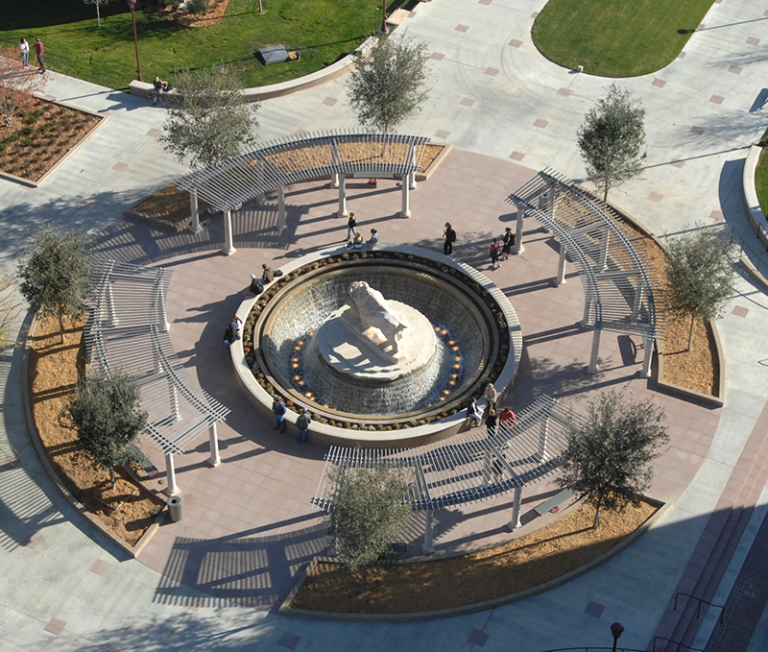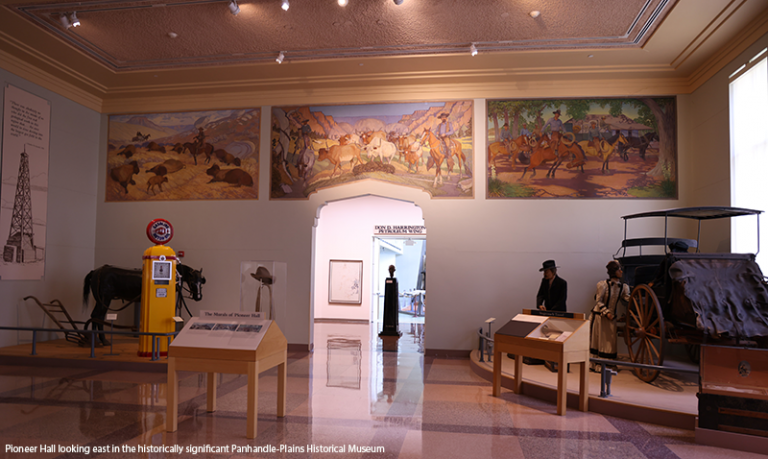Fourth in a series on teaching excellence
Thousands of times during any school day at any university students walk into a classroom, armed with a computer, a cell phone, an iPod, a vision of what they might do for the rest of their life, how this or that class relates to that vision, and a set of expectations from the person standing in front of the room.
Faculty speak with passion about what they expect from students: the ability to construct a sentence; a concept of arithmetic that allows the application of basic mathematical laws and algebraic relationships; an ability to think clearly about an idea or concept and analyze it from a personal perspective; a sense of energy about what is going on in the classroom; their attention for fifty minutes uninterrupted by Lady Gaga; a tweet from Sarah Palin; an email to the President; or any other diversion that takes attention away from what the person in front has to say. Of course, the great faculty can beat Lady Gaga all day long. They actually have something to say.
This is good and as it should be, all reasonable expectations on the part of faculty towards the students who walk through the door.
But, it’s a two-way street.
Two Clemson faculty have studied the impact of student evaluations of teaching performance and student’s expectations of teachers on teacher evaluations. As anyone around higher education knows contention abounds on the subject.
Faculty don’t want to give any credence to the student’s perspective unless it is good. When student perceptions are poor, every imaginable variable that has any potential impact on the student in the class are blamed: the time of day the class meets, the student preparation or lack thereof, the student’s ability to read, write, think abstractly, the student’s family heritage, zip code, income level, the way the faculty dresses, age, sex, national origin, etc.
Rarely are student expectations cited.
Crader and Butler of Clemson suggest, in concert with many seasoned academics, that student evaluations of teaching effectiveness have real value, and that, “Student expectations about teachers had significant effects on all dimensions of teaching performance.” I know the details of this research are of limited interest to many but the findings are clear, they support common sense, and are not isolated. Students have expectations for good teaching performance, and when those expectations are met, students rate the teaching strongly, regardless of grades, class time, doughnuts or pizza provided and any of the other variables that might affect the value of student’s perceptions of teaching quality. Excellent teachers stimulate, encourage, engage, and challenge students with ideas, insights, and regular feedback.
To paraphrase Bill Clinton, “It’s teaching excellence stupid”. A teacher should demand much of students, display empathy towards them and have high expectations. Students’ lives are a legacy to their teachers. Where students understand the respect inherent in that trust, they will almost always try to live up to it.
You could be saying to yourself, “Why should I be interested in this trivia about measuring, recognizing, and rewarding teaching excellence?” And my response is simply this, “Nothing is more important to the university experience, enrollment, and general perceptions of quality than excellent teaching.”
Publication, research funding, juried shows, service and all other measures of faculty excellence are indicators of expertise, but not sufficient to meet university mission. Education hinges on teaching excellence. There is no substitute.
Whatever you believe, whether students are co creators of value in the educational environment or merely customers, we should ask them how they value what they receive from us.
Reward teaching excellence without equivocation or apology and the university and students win. Universities as human organizations get exactly what they value and nothing else.





Can somebody clarify what these undergraduate students’ expectations of “teaching excellence” or “good teaching performance” actually ARE?
Reward…how bout a 1.2 cut in salary…
Signed…a despondent award winning (for teaching) faculty member
I was surprised to realize in graduate school that there were no courses, seminars, etc., on how to teach – I was just thrown into the classroom and expected to figure it how, apparently based on what I’d observed of my own professors. During my postdoctoral years, I was put in charge of a class and quickly realized my inadequacies.
So, what did I do? I grabbed some books on college teaching (the best being one by Wilbert McKeachie – highly recommended). In those areas where I struggled (e.g., generating class discussion, writing good exams), I consulted the literature for ideas and *changed* the way that I was teaching. Not surprisingly, student engagement improved, student performance increased, and the statistical validity of my exams went up dramatically.
Too many of us (professors) are modeling the behavior of our previous professors without realizing that there may be better ways to teach. A university committed to teaching excellence should provide its professors with a resource like McKeachie’s, provide teaching mentoring for new hires, and require any professor who continually receives mediocre or poor student evaluations to take a short course on improving one’s teaching.
All that said, there is a natural limit on our effectiveness at a state university that continues to be underfunded and to put 80 to 300 students in a single classroom. However, those constraints shouldn’t stop us from trying to improve – we have plenty of room to do so.
Mike – an SIUC prof
To JD – At least in the Crader & Butler example (assuming the one mentioned here is “Validity of Students’ Teaching Evaluation Scores: The Wimberly-Faulkner-Moxley Questionnaire”), as best I can tell, student expectations of the teacher were measured by a single question that asked about whether their expectations of the teacher were met and that was administered at the same time as the teacher evaluation.
To WW – By being on the Web, you can hyperlink out to your sources. Granted, the Crader & Butler article isn’t available free on the Web, but an interested reader can go to the library to access it if you provide a link.